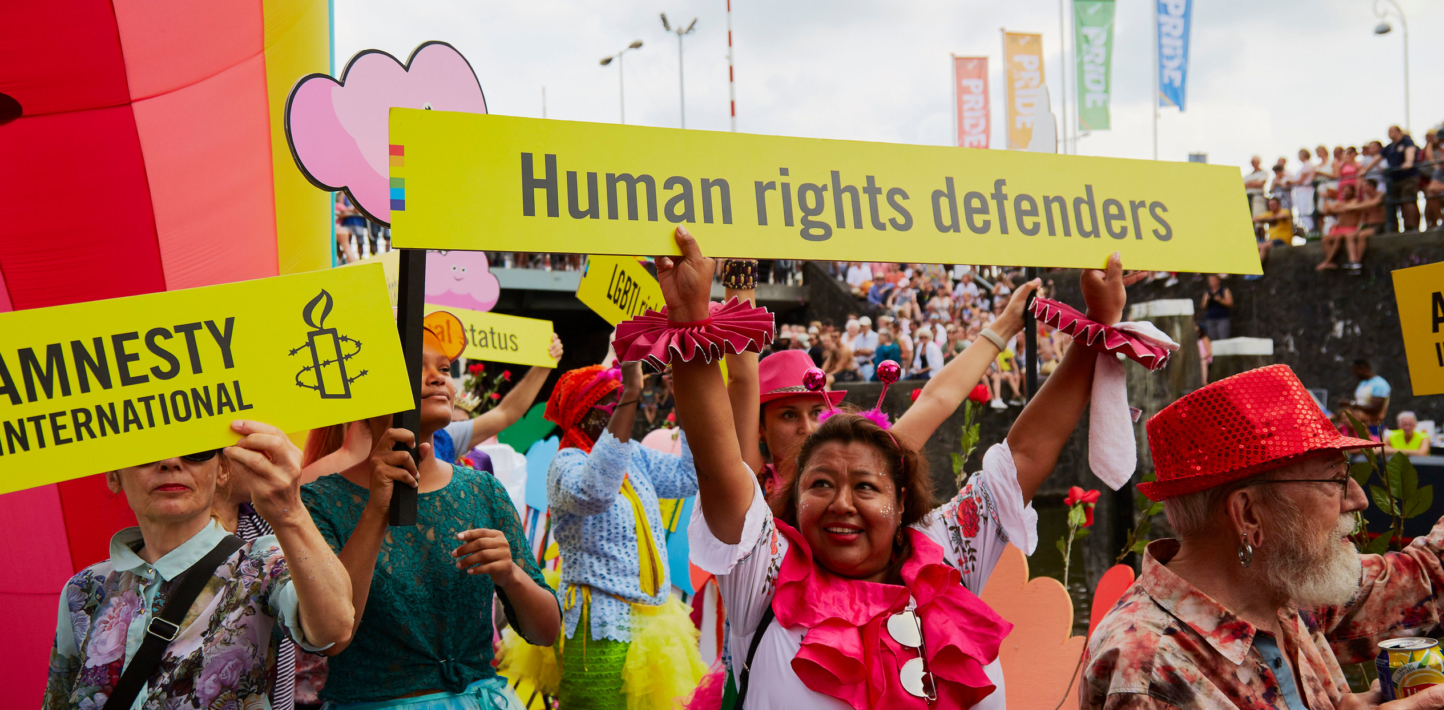On May 28th, 1961, a beacon of hope for human rights emerged in the form of Amnesty International. Founded in London, this global movement has dedicated itself to informing public opinion about human rights violations and securing the release of political prisoners around the world. Its tireless efforts have earned it the esteemed Nobel Peace Prize in 1977, solidifying its place as a champion of justice and freedom.
The Birth of a Movement
The origins of Amnesty International can be traced back to a single article published in The Observer newspaper in 1960. British lawyer Peter Benenson was moved by the story of two Portuguese students who had been imprisoned for raising a toast to freedom in a Lisbon café. Inspired by their plight, Benenson penned an article titled “The Forgotten Prisoners,” calling for an international campaign to secure the release of political prisoners worldwide.
The response to Benenson’s article was overwhelming, with thousands of people from around the world reaching out to offer their support. In July 1961, Benenson and a small group of activists gathered in London to officially launch Amnesty International, with the goal of shining a spotlight on human rights abuses and providing a voice for those who had been silenced by oppression.
A Global Movement Takes Shape
From its humble beginnings, Amnesty International quickly grew into a global movement, with chapters and supporters in countries around the world. Armed with nothing but a typewriter and a passion for justice, volunteers worked tirelessly to gather information about political prisoners, document human rights abuses, and advocate for change on both the local and international levels.
One of Amnesty International’s most powerful tools was its adoption of the “prisoner of conscience” designation, which sought to draw attention to individuals who had been imprisoned solely for their beliefs, ethnicity, or political affiliations. By highlighting the stories of these courageous individuals, Amnesty International was able to galvanize public opinion and mobilize support for their release.
A Voice for the Voiceless
Throughout its history, Amnesty International has played a pivotal role in securing the release of countless political prisoners and prisoners of conscience. From Soviet dissidents to South African anti-apartheid activists, Amnesty International has worked tirelessly to shine a light on injustice and hold governments and authorities accountable for their actions.
In 1977, Amnesty International’s unwavering commitment to human rights was recognized with the awarding of the Nobel Peace Prize. The organization’s tireless advocacy and dedication to the cause of freedom and justice had earned it the respect and admiration of people around the world, solidifying its place as a beacon of hope for those who had been denied their basic rights and freedoms.
A Continuing Legacy
Today, Amnesty International continues to fight for human rights and social justice around the world. From campaigning against torture and capital punishment to advocating for the rights of refugees and asylum seekers, Amnesty International remains steadfast in its mission to create a world where human rights are respected and protected for all.
As we reflect on the founding of Amnesty International on May 28th, 1961, let us remember the brave individuals who have sacrificed their freedom in the fight for justice and freedom. Let us honor their courage and resilience, and reaffirm our commitment to standing up for human rights wherever they are threatened. In doing so, we ensure that the legacy of Amnesty International lives on, inspiring future generations to continue the fight for a more just and compassionate world.












What do you think?
It is nice to know your opinion. Leave a comment.